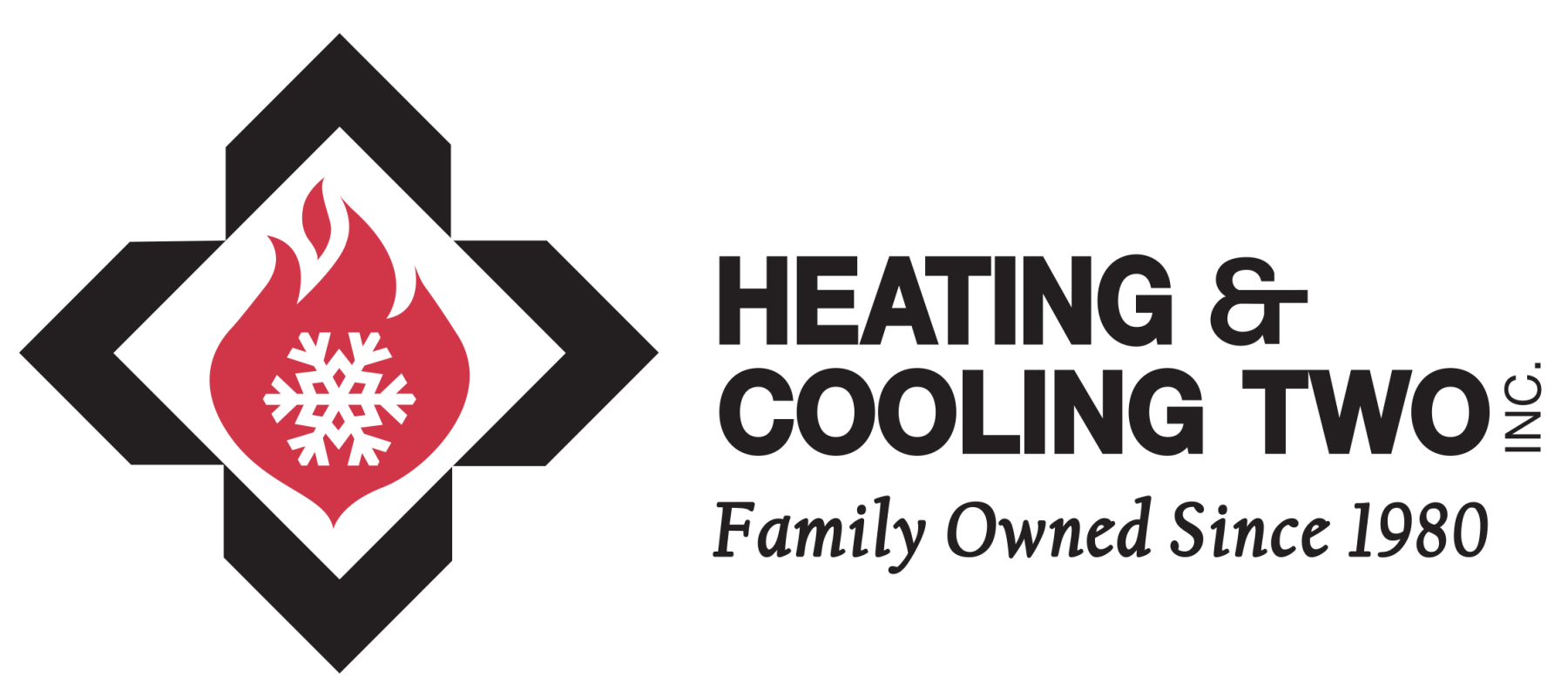Heat Pump Technology for Minnesota Winters and Summers
When you’re looking for an efficient heating and cooling solution in Dayton, MN, heat pumps represent one of the most innovative and cost-effective options available today. At Heating & Cooling Two, Inc., we specialize in installing, maintaining, and repairing these versatile systems that have revolutionized how homeowners approach year-round comfort. Unlike traditional HVAC systems that generate heat through combustion or electrical resistance, heat pumps transfer thermal energy between your home and the outdoor environment, providing both heating in winter and cooling in summer through a single, highly efficient system.
The technology behind heat pumps has advanced significantly since we first opened our doors in 1980, and modern units now perform exceptionally well even in Minnesota’s challenging climate. These systems work by extracting heat from outdoor air, even when temperatures drop well below freezing, and transferring it inside during winter months. During summer, the process reverses, removing heat from your indoor spaces and releasing it outside, functioning just like a traditional air conditioner but with greater energy efficiency ratings.
Understanding Heat Pump Efficiency in Dayton’s Climate
The efficiency of heat pumps is measured through two key metrics that our NATE-certified technicians carefully evaluate when recommending systems for your home. The Heating Seasonal Performance Factor (HSPF) measures heating efficiency, while the Seasonal Energy Efficiency Ratio (SEER) measures cooling efficiency. Modern heat pumps available for installation in Dayton achieve HSPF ratings between 8.5 and 13, with SEER ratings ranging from 15 to over 20, representing substantial energy savings compared to conventional heating and cooling methods that typically operate at much lower efficiency levels.
Cold climate heat pumps, specifically designed for regions like ours, maintain impressive performance even when outdoor temperatures plummet to negative double digits. These advanced systems incorporate features like variable-speed compressors, enhanced vapor injection technology, and specialized refrigerants that remain effective at extreme temperatures. We’ve seen homeowners throughout Dayton, Rogers, Osseo, Champlin, Maple Grove, and Otsego achieve heating cost reductions of 30 to 50 percent by switching from traditional furnaces to modern heat pump systems.
Types of Heat Pump Systems We Install
Air source heat pumps remain the most popular choice for residential applications in Dayton, offering excellent performance without requiring extensive ground excavation or water source access. These systems include both ducted and ductless configurations, allowing us to customize installations based on your home’s existing infrastructure and specific comfort requirements. Ducted systems integrate seamlessly with existing ductwork, while ductless mini-split heat pumps provide targeted comfort control for individual rooms or zones without requiring extensive renovation work.
Ground source or geothermal heat pumps represent another option we install, utilizing the earth’s consistent underground temperatures to achieve even higher efficiency ratings. Though these systems require greater initial investment and site preparation, they deliver exceptional long-term savings and can last 25 years or more with proper maintenance. The underground loop systems exchange heat with soil or groundwater at depths where temperatures remain relatively constant year-round, typically between 45 and 75 degrees Fahrenheit, providing an ideal temperature differential for efficient heat transfer.
Installation Process and Considerations
Our installation process begins with comprehensive load calculations to determine the optimal heat pump size for your home. Factors we evaluate include your home’s square footage, insulation levels, window efficiency, air infiltration rates, and local climate data specific to Dayton. Proper sizing ensures maximum efficiency and comfort while avoiding problems associated with oversized or undersized equipment, such as short cycling, inadequate dehumidification, or insufficient heating capacity during extreme weather events.
The physical installation typically requires one to three days, depending on system complexity and whether we’re replacing existing equipment or installing entirely new components. Our technicians carefully position outdoor units to minimize noise impact and ensure adequate airflow, while indoor components are strategically placed for optimal air distribution and accessibility for future maintenance. We also upgrade electrical systems when necessary, as heat pumps may require dedicated circuits or panel modifications to accommodate their power requirements.
Maintenance Requirements for Optimal Performance
Regular maintenance keeps your heat pump operating at peak efficiency throughout its service life, which typically spans 15 to 20 years with proper care. Our maintenance services include:
- Filter replacement or cleaning: Monthly during peak usage seasons to maintain proper airflow and indoor air quality
- Coil cleaning: Annual cleaning of both indoor and outdoor coils to prevent efficiency losses from dirt accumulation
- Refrigerant level checks: Ensuring proper charge levels to maintain rated efficiency and prevent compressor damage
- Electrical connection inspection: Verifying all connections remain tight and components show no signs of wear or overheating
- Defrost cycle verification: Testing winter defrost operations to ensure ice buildup doesn’t impair heating performance
Cost Savings and Environmental Benefits
The financial advantages of heat pump installation extend beyond monthly utility savings. Many homeowners in Dayton qualify for federal tax credits covering up to 30 percent of installation costs for qualifying high-efficiency models. Additionally, local utility companies often provide rebates for heat pump installations, recognizing their role in reducing peak electrical demand and improving grid stability. Over four decades of serving the Twin Cities metro area, we’ve helped countless customers navigate these incentive programs to maximize their return on investment.
Environmental considerations also favor heat pump adoption, as these systems produce significantly lower carbon emissions compared to fossil fuel heating systems. By transferring rather than generating heat, heat pumps achieve efficiencies of 300 to 400 percent, meaning they deliver three to four units of heating or cooling energy for every unit of electricity consumed. This exceptional efficiency translates directly into reduced environmental impact, particularly as Minnesota’s electrical grid incorporates increasing amounts of renewable energy generation.
As a family-owned and operated company, we understand the importance of making informed decisions about your home’s comfort systems. Our approach prioritizes people over profit, ensuring you receive honest recommendations tailored to your specific needs and budget. Whether you’re considering upgrading from an aging furnace, exploring options for a new construction project, or seeking ways to reduce your environmental footprint while maintaining year-round comfort, our experienced team provides the expertise and quality service you deserve for successful heat pump integration in your Dayton home.



